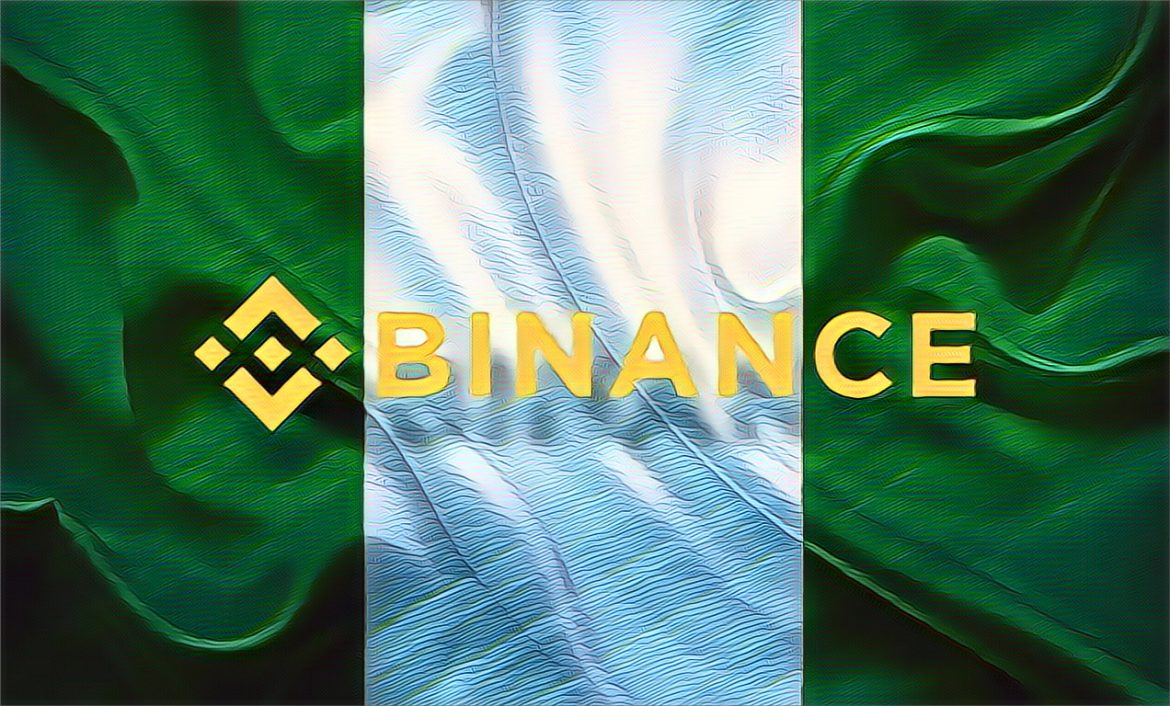In the intricate landscape of global finance and digital currency exchanges, the Federal Government of Nigeria has signaled its intent to embark on a bold and potentially precedent-setting legal confrontation with Binance, one of the world’s leading cryptocurrency exchange platforms. This move, articulated by Bayo Onanuga, the Special Adviser to the Nigerian President on Information and Strategy, during a BBC interview, underscores a complex interplay of national sovereignty, economic stability, and the unregulated expanses of cryptocurrency transactions. At the heart of this unfolding drama is an astonishing $10 billion compensation claim against Binance, a figure that reflects not only the scale of the alleged infractions but also the depth of the Nigerian government’s concerns over the impact of these activities on its economy and, more specifically, the value of its currency, the naira.
Punch recalls that binance’s operations in Nigeria have come under intense scrutiny, with accusations that the platform facilitated illegal transactions that profited immensely at the expense of the Nigerian economy. Onanuga’s allegations point to a significant loophole in the regulatory oversight of cryptocurrency exchanges, particularly those like Binance that operate without a formal registration or physical presence in Nigeria. This situation has reportedly allowed users to manipulate the dollar-naira exchange rate to the detriment of the national currency’s value. The assertion that Binance’s activities have led to a “sharp decline in the value of the naira” adds a layer of urgency to the Nigerian government’s response, reflecting broader concerns over the stability of emerging economies in the face of rapidly evolving digital finance paradigms.
The Nigerian government’s approach, as outlined by Onanuga, appears to be two-pronged: seeking compensation for alleged economic damages and contemplating fines as a punitive measure. The use of the word “may” in Onanuga’s statements indicates a degree of caution, suggesting that negotiations and legal strategies are still in the formative stages. However, the clarity of the government’s stance reflects a firm commitment to addressing what it perceives as unjust enrichment at its expense.
Further complicating the narrative is Binance’s recent entanglement with the U.S. Department of Justice, where it agreed to pay $4.3 billion to settle charges related to criminal money laundering. This development not only casts a shadow over Binance’s global operations but also lends a measure of credibility to the Nigerian government’s allegations, suggesting a pattern of behavior that transcends national boundaries.
The Nigerian authorities have not been passive in their response. The Office of the National Security Adviser’s confirmation that Binance is under investigation marks a significant step towards unraveling the complex web of transactions that have purportedly undermined the naira. Binance’s cooperation with the Nigerian government, including the suspension of naira-denominated transactions, indicates a recognition of the gravity of the situation and perhaps a willingness to seek a resolution that could mitigate further legal and financial repercussions.
This case is emblematic of the broader challenges facing national governments as they grapple with the regulatory implications of cryptocurrency and digital finance. The anonymity and borderless nature of these transactions pose significant hurdles to traditional financial oversight mechanisms, prompting a reevaluation of legal frameworks and enforcement strategies. Nigeria’s pursuit of compensation from Binance could, therefore, serve as a critical test case for the international community, offering valuable lessons on the intersections of digital finance, regulatory compliance, and national economic security.
The narrative arc of this saga, from Binance’s alleged facilitation of damaging financial activities to the Nigerian government’s bold legal and financial countermeasures, encapsulates a pivotal moment in the ongoing dialogue between national economies and the burgeoning realm of cryptocurrency. As this story continues to unfold, it will undoubtedly shed light on the evolving dynamics of global finance, the challenges of regulatory adaptation, and the imperative of safeguarding economic stability in the digital age.


